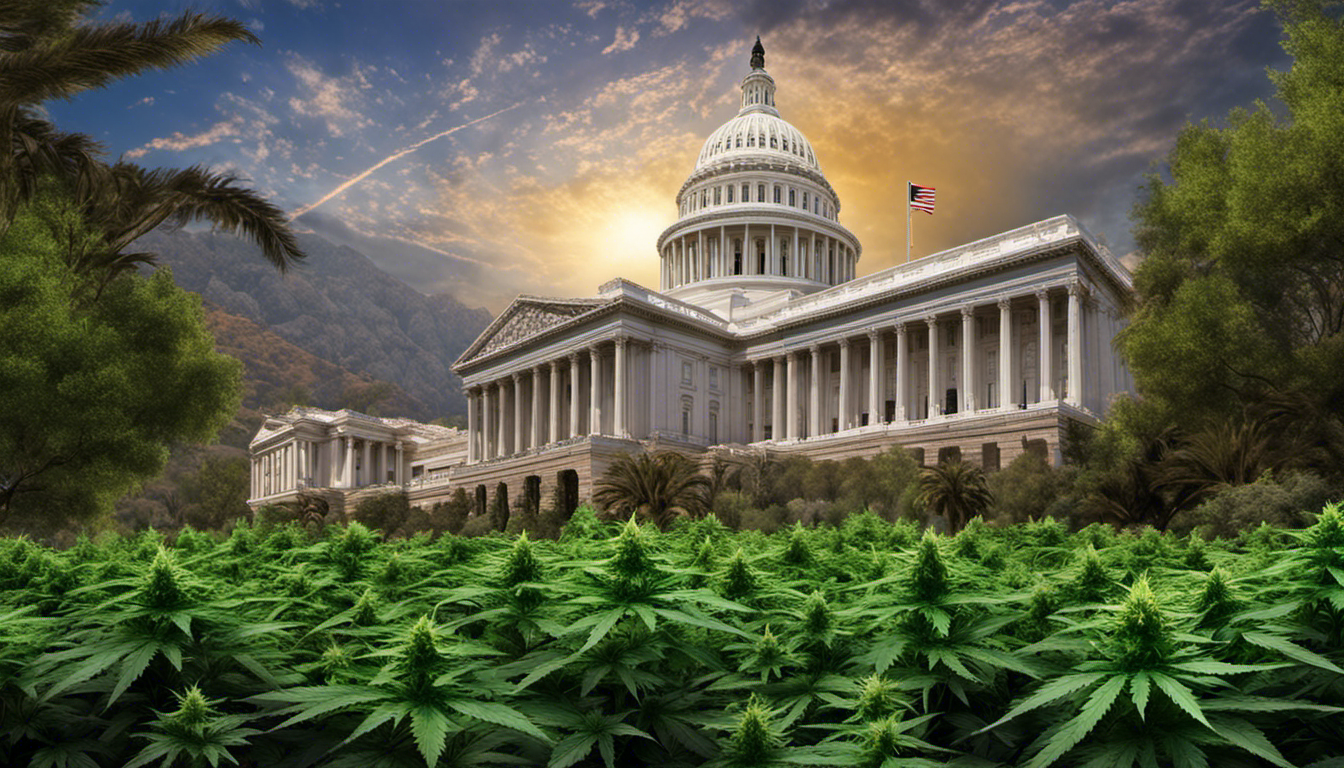California’s Legalization of Marijuana: A Legal Analysis
California legalized marijuana for recreational use in 2016, but the federal government still considers it an illegal substance. This raises the question: how can California legalize something that is illegal under federal law? The answer lies in the concept of “dual sovereignty,” which recognizes that both the federal government and individual states have the authority to regulate certain activities.
Under the Federal Controlled Substances Act, marijuana is classified as a Schedule I drug, making it illegal to manufacture, distribute, or possess. However, the Supreme Court has held that Congress did not intend to preempt state drug laws, and the 10th Amendment to the Constitution prohibits Congress from mandating that states enforce federal policies.
As a result, California has the authority to regulate marijuana within its borders, as long as it does not conflict with federal law. The state has established a system for licensing and regulating marijuana dispensaries, and it has also set limits on the amount of marijuana that individuals can possess and grow.
For individuals in California, it is legal to possess up to one ounce of marijuana and to grow up to six plants for personal use. However, it is still illegal to possess or distribute marijuana on federal property, such as national parks or military bases. Additionally, individuals who are caught with marijuana on federal property can face federal charges and penalties.
It’s worth noting that while California has legalized marijuana, the federal government still has the authority to enforce federal drug laws within the state. However, the U.S. Department of Justice has indicated that it will not target state-legal marijuana providers or users, as long as they are in compliance with state law.
In summary, California’s legalization of marijuana is a result of the concept of dual sovereignty, which recognizes that both the federal government and individual states have the authority to regulate certain activities. While marijuana is still illegal under federal law, California has established its own system for regulating and taxing marijuana, and individuals in the state are free to possess and use it as long as they are in compliance with state law.












